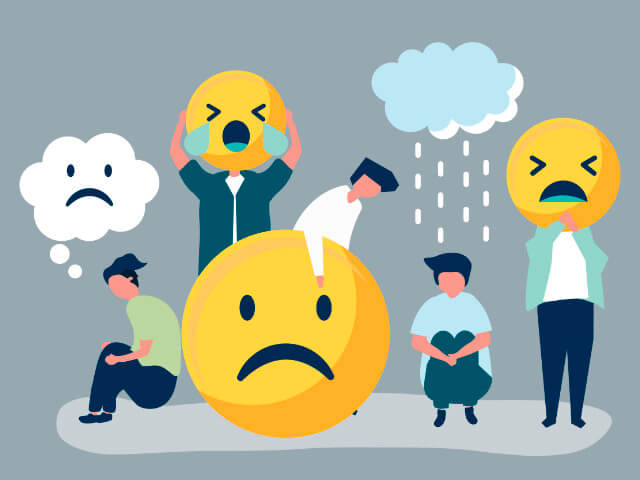Is climate change only caused by humans?
Climate change is caused by natural processes but also increasingly by human activities. The main driver of climate change is the greenhouse effect. Some gases in the atmosphere have a similar function to the glass in a greenhouse. The glass walls of a greenhouse let heat and light from the Sun in, which warms up the air inside. Similarly, greenhouse gases let the incoming heat from the Sun pass through to the Earth’s surface, where it is trapped. Many of these gases occur naturally, and natural causes of changes to the greenhouse effect include solar radiation and volcanic activity. But human activities are increasing the concentrations of some greenhouse gases in the atmosphere, in particular carbon dioxide, methane, nitrous oxide and fluorinated gases, leading to an enhanced greenhouse effect and warmer temperatures.
The main human activities causing these changes are:
- Burning of fossil fuels such as coal, oil and gas, which produce carbon dioxide and nitrous oxide
- Deforestation, which means that there are less trees to help absorb carbon dioxide from the atmosphere, and carbon stored in the trees is released to the atmosphere
- Increasing livestock farming, which is problematic as cows and sheep, for example, produce large amounts of methane when they digest their food
- Fertilisers containing nitrogen, which produce nitrous oxide emissions
- Fluorinated gases, which are emitted from equipment and products that use these gases, such as refrigerators, air conditioners and heat pumps
While natural processes play a role in how the climate changes, what we are currently experiencing cannot be explained by natural processes alone. Since at least the mid 20th century, humans are unequivocally causing climate change, and unless we modify how we live and how we interact with the environment around us, this will continue to be the case.











